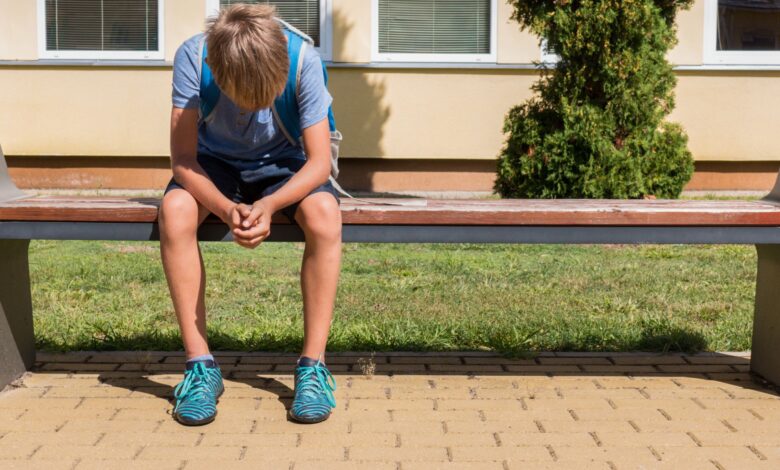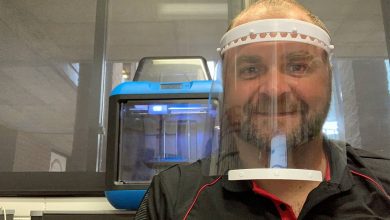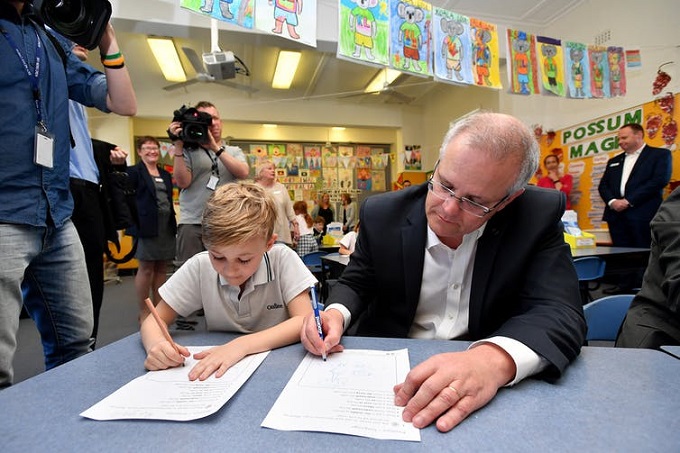Children commonly seek mental health support from school networks, BUT…
Research shows that children most commonly seek mental health support from their families, friends and schools, but that these networks are often poorly equipped to provide appropriate help, leaving children vulnerable.

Moreover, findings show that when children seek mental health support, they prefer in-person support, which may be significant given the focus on digital learning and wellbeing programs during the pandemic.
This survey sought to map the mental health and wellbeing of children and young people during the COVID-19 pandemic. It included responses from 4,559 children aged 9–17 years, and 2,796 parents, guardians and grandparents.
41% of young respondents said that the pandemic had a negative impact on their mental health and wellbeing.
Social connection was what they missed the most, both during lockdown and remote learning.
One child described mental health as ‘shaping’ her life.
Australia’s National Children’s Commissioner, Anne Hollonds said: “This survey shows that many children and young people missed out on critical support during the COVID-19 pandemic.
“We need to redesign our basic systems that are meant to support children and their families, including health, education and social services, and we should implement the National Children’s Mental Health and Wellbeing Strategy.
“Family members are the first people children turn to for help. We need to ensure better understanding about mental health among parents, promote open discussions about mental health, and equip families with resources and access to professional help when needed.
“We need to change how we think about schools and recognise their important role as a ‘hub’ of support for children and families in local communities. Schools are about more than just academic learning and need better co-ordination with local health and social services, as well as relevant training and support for teachers and school administrators.
“Children also require better access to in-person counselling, but according to figures from the National Mental Health Commission, only 10% of psychiatrists and only 5% of psychologists in Australia are qualified to specialise in children and adolescents. This is a massive workforce shortage leaving children without the mental health services they need.
“COVID has shown us that policy designed for adults often overlooks the unique needs of children, and that service systems are fragmented and not fit-for-purpose. We need to make the wellbeing of children a national priority and redesign the basic systems of support so that children and their families can get the help they need no matter where they live.”
The survey’s findings support recommendations from the National Children’s Mental Health and Wellbeing Strategy.
To view the survey’s findings, visit: https://humanrights.gov.au/our-work/childrens-rights/publications/mental-health-shapes-my-life-covid-19-kids-wellbeing-2022
To view a child-friendly version of the report, visit: https://humanrights.gov.au/our-work/childrens-rights/publications/child-friendly-version-mental-health-shapes-my-life-covid-19
Read the latest news and stories in the most recent print issue of School Magazine here.







